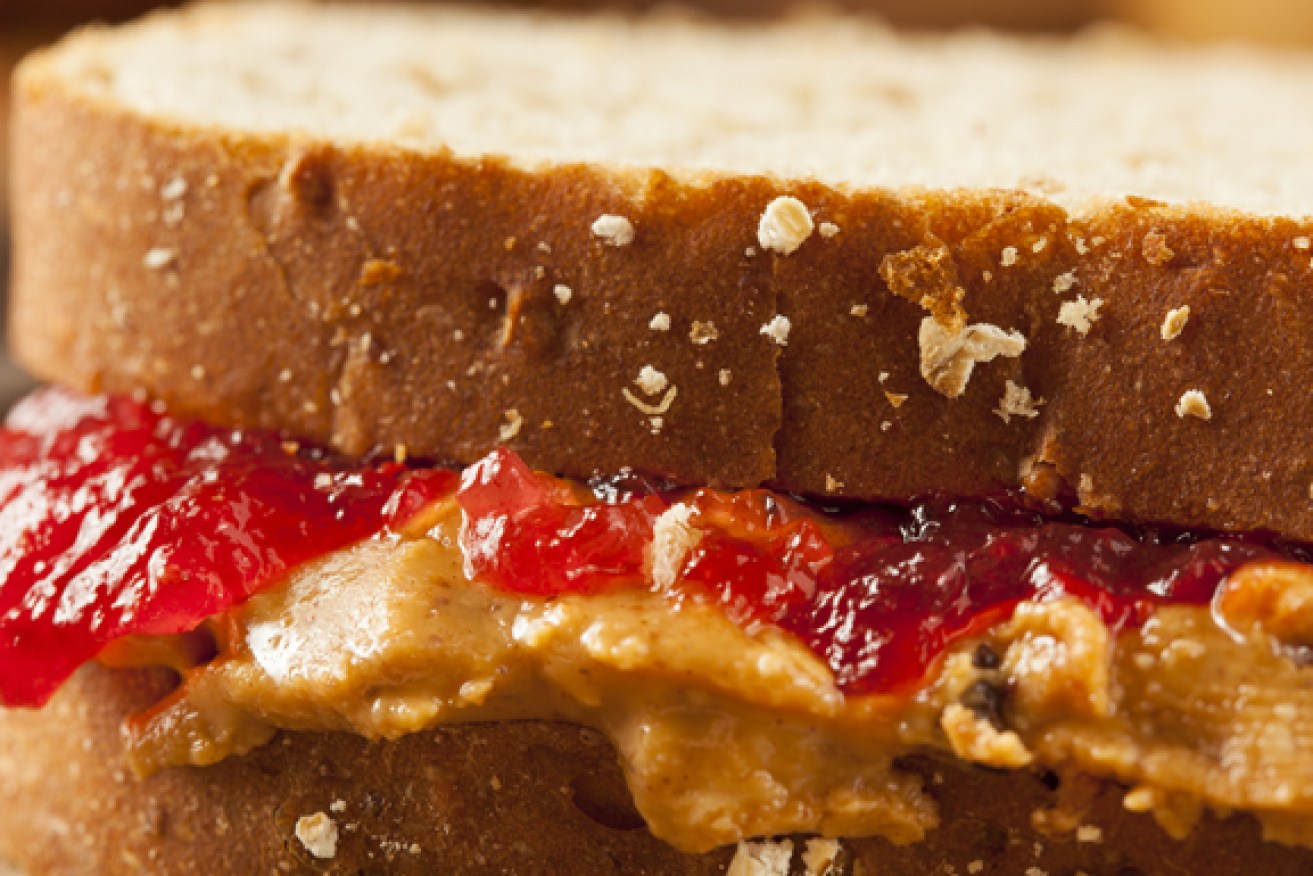Ultraviolet light could one day wipe out peanut allergies for good.
A University of Florida scientist has removed 80 per cent of allergens in whole peanuts by blasting them with intense bursts of UV and infrared light.
Lead researcher Wade Yang, an assistant professor in food science and human nutrition, hopes to remove 99.9 per cent of the allergens in future.
• Good news for allergies… but it involves worms
• Blood test gives new hope to hay fever sufferers
• Bad wrap: is bread really that bad for you?
The study, to be published in the journal Food and Bioprocess Technology this month, is “one step closer” to completely allergy-free peanuts, Associate Professor Yang said in a statement.
The challenge is to not get rid of all the flavour and nutrients as well, he said.
“This process proves that pulsed light can inactivate the peanut allergenic proteins and indicates that pulsed light has a great potential in peanut allergen mitigation.”
The concentrated bursts of light work by modifying the parts of the peanut that trigger the human immune system to release massive amounts of harmful chemicals.
Once zapped, the immune system no longer recognises the active ingredient in the peanut as an allergen, and thus stops the release of histamines.

Promising news for those with peanut allergies. Photo: AAP
Histamines create allergy symptoms ranging from itching and rashes to wheezing, and can even trigger anaphylaxis, which is sometimes fatal.
Peanuts are some of the most common allergy triggers, along with egg, milk and tree nuts.
Australia has one of the highest reported incidences of food allergies in the world. One in 10 babies born in this country will develop a food allergy.
Currently, the best way for those allergic to peanuts to stay safe is to avoid them. Many people carry epinephrine injectors that help offset their allergy symptoms until they reach a hospital.
Allergy and Anaphylaxis Australia president Maria Said told The New Daily it is “great” this research is being conducted, but warned it is “in early stages”, with many years of animal and then human trials ahead.
“We really shouldn’t give people false hope at this point in time,” Ms Said said.
Ms Said is skeptical because she is the parent of a 24-year-old with a potentially life-threatening allergy. Ever since her son was three years old, she has been told to expect a cure within the next three years.
“Yes, we do hope for a cure, but I think that more emphasis needs to be put on managing allergic disease, managing food allergy.”
To those who are managing food allergies, Ms Said said: “It’s important that you don’t let your guard down, and that you do live a normal life and that you do it with care and forward planning.”









